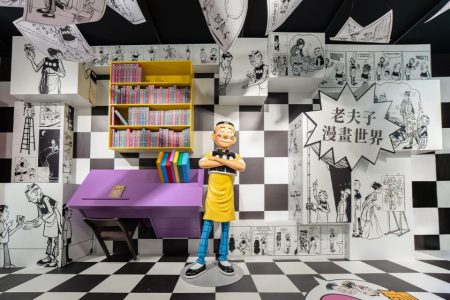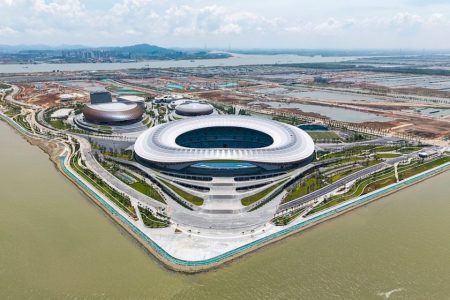The most memorable part of his journey as a bookseller? “Hardship,” said CK Cheang, the owner of Júbilo 31 Books.
“A lot of people don’t even know what books are. They don’t know what bookshops are,” Cheang told Macao News. “The ecosystem just doesn’t exist.”
According to the Macao Public Library’s 2024 survey, 63.1 percent of residents read fewer than 10 books last year. The survey also found that less than 20 percent of respondents spent more than an hour reading per day.
These statistics come in spite of consistent efforts by the Cultural Affairs Bureau to cultivate interest in reading. Earlier this year, the Bureau hosted “Reading Month in the City of Macao,” an event between March and April that included talks, book clubs and book exchanges. The city also has two annual large-scale book fairs, the “Macao Book Carnival” and the “Spring Book Fair.” However, the fairs have been seeing decreasing sales.
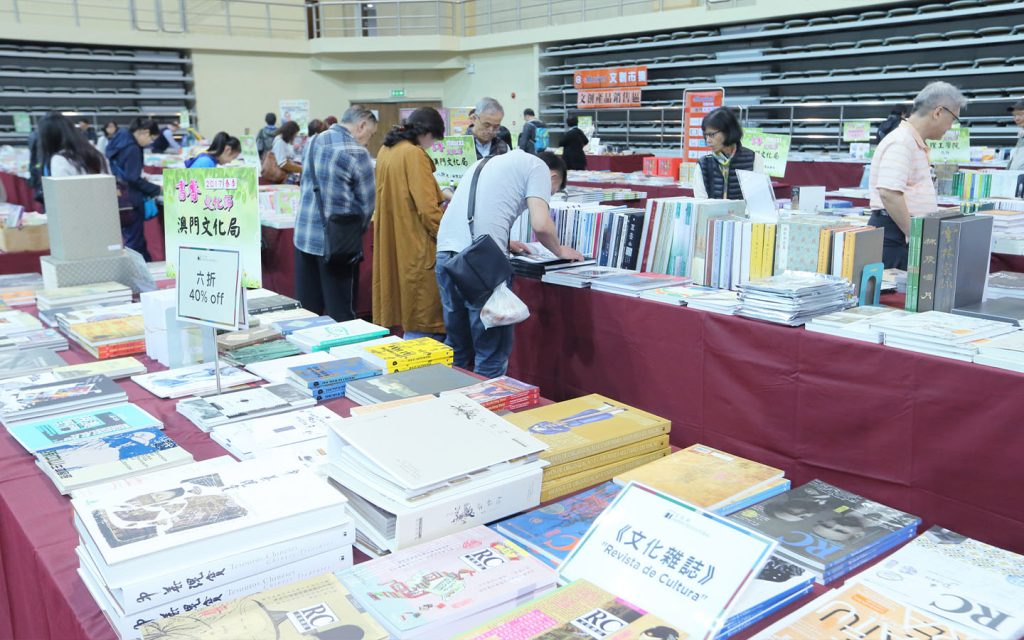
The shift away from physical books in Macao
The prevalence of digital media has made it harder to sell physical books, said Allan Ieong of Bookery, Macao’s first indie book fair. “This isn’t unique to Macau, but since the advent of phones and digital media, our sources of information have become very fragmented,” Ieong told Macao News.
This phenomenon isn’t unique to the SAR: according to the Pew Research Center, 54 percent of adults in the United States use social media as a source for news, while digital media has grown as a proportion of the informational diet over the years.
Anson Ng of Pin-to Livros & Musica has seen this shift in real time, as a seller of physical books. “How can you attract people to turn the cover, much less buy it? For me, it’s harder than before,” he told local podcast Macaology16.
But efforts at the grassroots have been making a difference. In 2020, Warren Kam and his friends decided to start the Macao Reading Popularisation Association book club after seeing a lack of groups for his fellow readers to congregate. The club, which began with only three members, has now grown to over 300.
The journey has not been easy. “Some people find book clubs to be boring,” Kam told Macao News, so it was difficult to attract new members. After the pandemic ended, competing sources of entertainment became available again, so retention became a particular challenge. “If there are too few people, the atmosphere is less lively, and the sharing section is shorter,” Kam said. “But it’s hard to avoid.”
Despite these challenges, Kam finds the process to be rewarding. “Every time there are new books and new insights,” he said. “Every single meeting is memorable.”
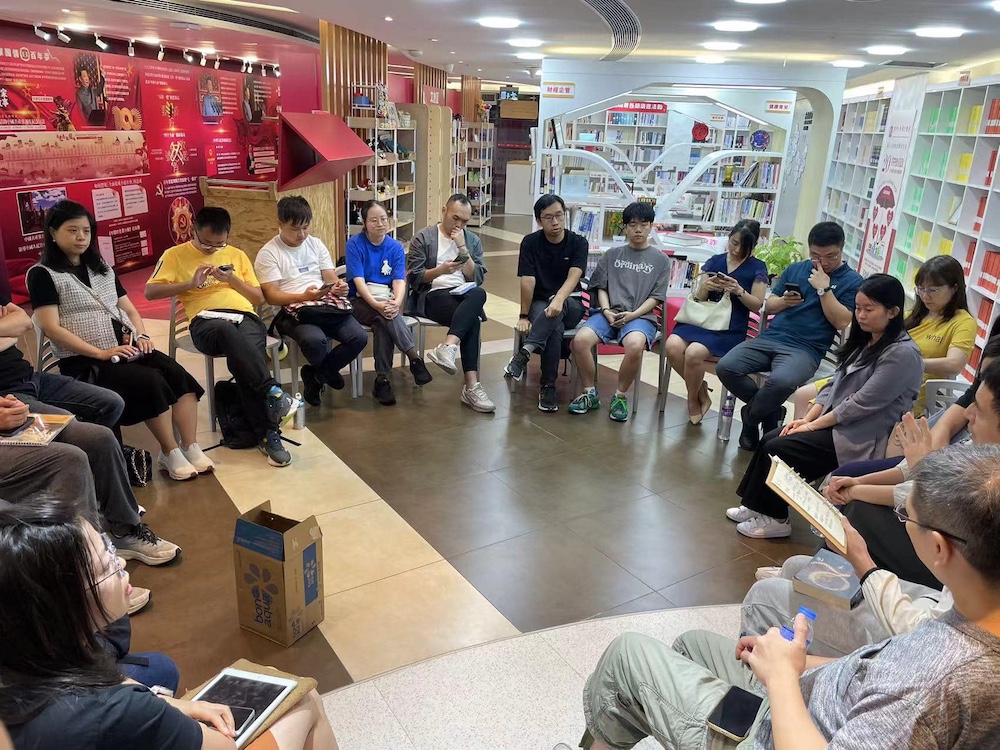
How Macao’s book scene is changing with the times
Ieong sees the role of physical books in the digital era developing similarly to vinyl and CDs in the age of streaming: “Why do so many people buy things like vinyl, CDs, and tapes? it’s because vinyls provide value that online media can’t,” he said.
At Bookery, Ieong attracts readers by featuring books that integrate other types of visual media, such as illustrations and three-dimensional elements. He also hosts the fairs at interesting cultural venues: this October’s fair, for example, will be held at the historic corner building at Rua dos Ervanarios, designed by Macao architect Chan Kwan Pui.
At Macaology16, Jasper Lio and his business partner, Time Cheng, recently piloted a “book blind box” experience. The service offers a personalised selection of books chosen for each customer based on a questionnaire they fill out. The pair just finished their first batch of recommendations, Lio told Macao News.
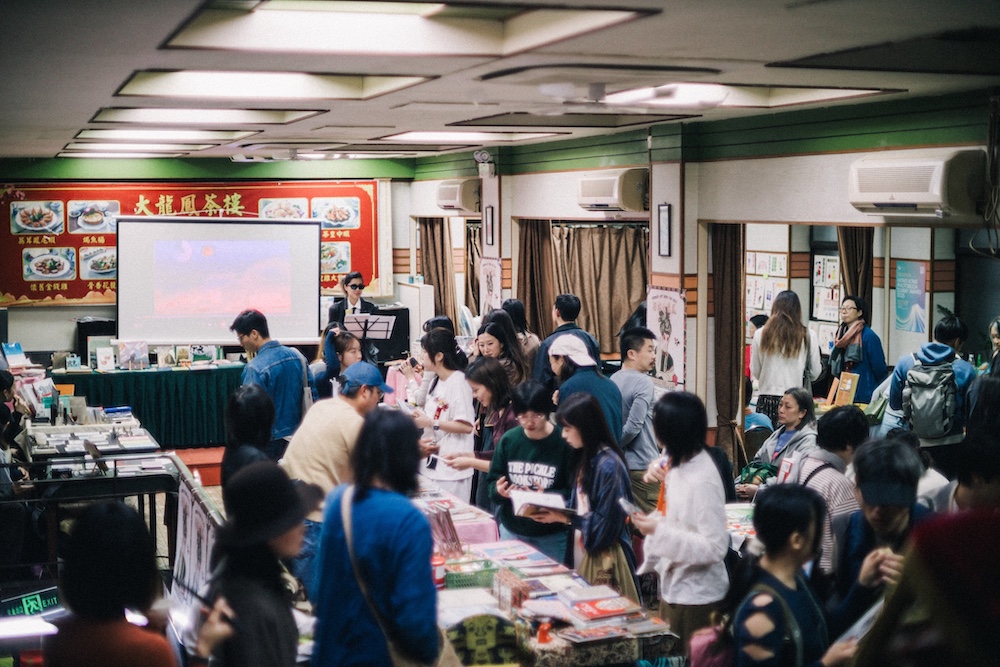
According to Lio, a key value the service provides is teasing out the types of books clients are in the mood for, even if they don’t know it themselves. “If you [directly] ask what types of books they want to read, they might not have an answer, but if you ask what’s been bothering them lately, they can describe it pretty clearly,” Lio told Macao News. Lio and Chen integrate insights gained from such open questions into their selection. The first iteration of the programme was a success, Lio said.
At the end of the day, Ieong believes the key to surviving and thriving as a reading community is by expanding the definition of books and exploring more types of visual media, something he prioritises at Bookery.
“Books can take a lot of forms,” Ieong said.




